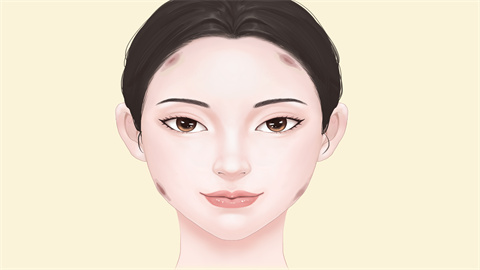How to treat a facial scratch to prevent scarring
Generally, facial abrasions can be treated using methods such as wound cleansing, medication, laser therapy, microneedling, and microcrystal peeling to reduce the probability of scarring. Detailed explanations are as follows:

1. Wound Cleansing
Immediately after an abrasion occurs, gently clean the wound thoroughly with a mild facial cleanser or clean water to remove surface dirt and bacteria, reducing the risk of infection. Note that the cleaning process should be gentle to avoid further irritation.
2. Medication
Under a doctor's guidance, apply appropriate amounts of medications such as erythromycin ointment, fusidic acid cream, or septilin cream to help prevent infection. However, avoid excessive use, which may delay wound healing.
3. Laser Therapy
Laser therapy works by directing laser beams onto scar tissue to stimulate collagen regeneration, gradually reducing the appearance of scars. The typical reference cost for laser therapy is 2000-5000 RMB per session. Improvement is usually noticeable within 5-7 days after treatment, although temporary side effects such as redness and a burning sensation may occur.
4. Microneedling
Microneedling involves using a microneedle roller to create tiny channels in the skin, promoting deeper penetration of nutrients and accelerating cellular repair and regeneration. The typical reference cost for microneedling is also 2000-5000 RMB per session. Noticeable improvement generally occurs 3-6 months after treatment, although mild pain and scabbing may occur post-procedure.
5. Microcrystal Peeling
Microcrystal peeling works by using fine microcrystals to exfoliate the skin's surface, removing superficial scar tissue and stimulating skin cell regeneration to improve scar appearance. The typical reference cost for microcrystal peeling is 3000-8000 RMB per session. Improvement is usually visible 3-6 months after the procedure, although mild redness and pigmentation may temporarily occur.
In daily life, it is important to take personal precautions to avoid accidental injuries such as abrasions. Additionally, regularly clean the skin to remove excess oil and dirt, reducing the risk of skin infection.







